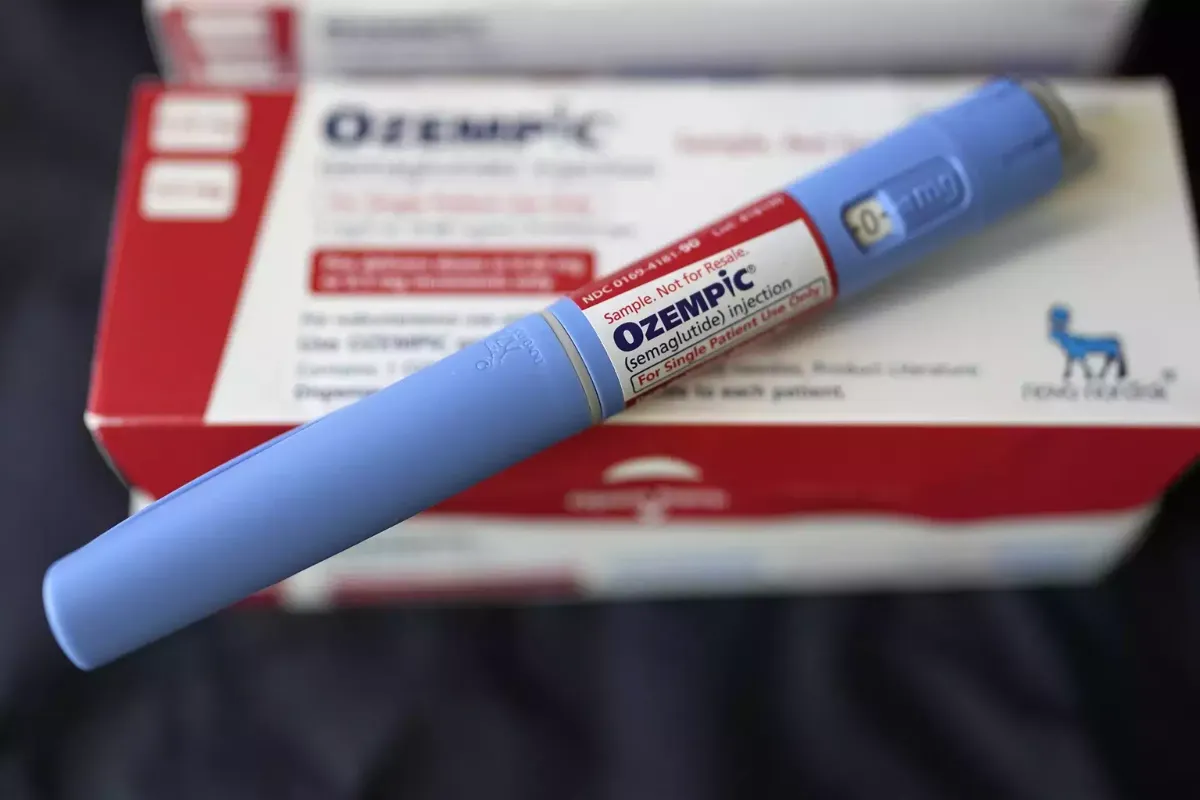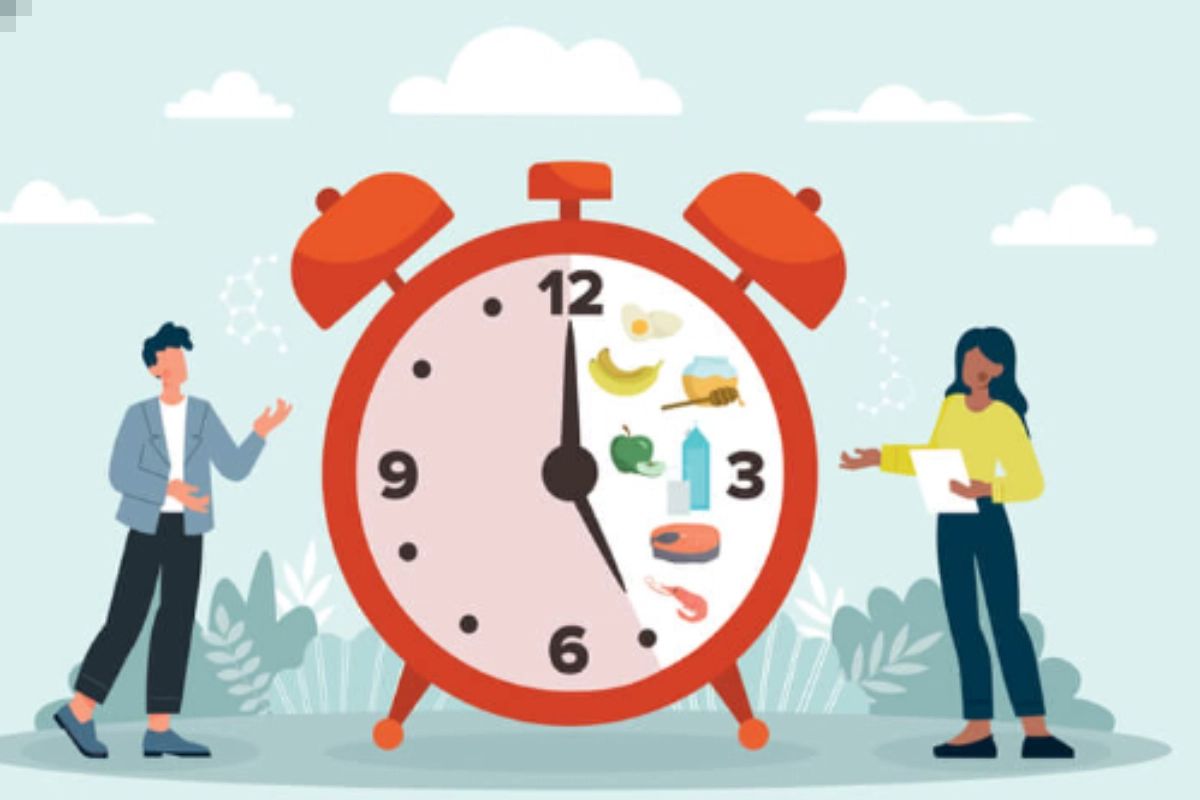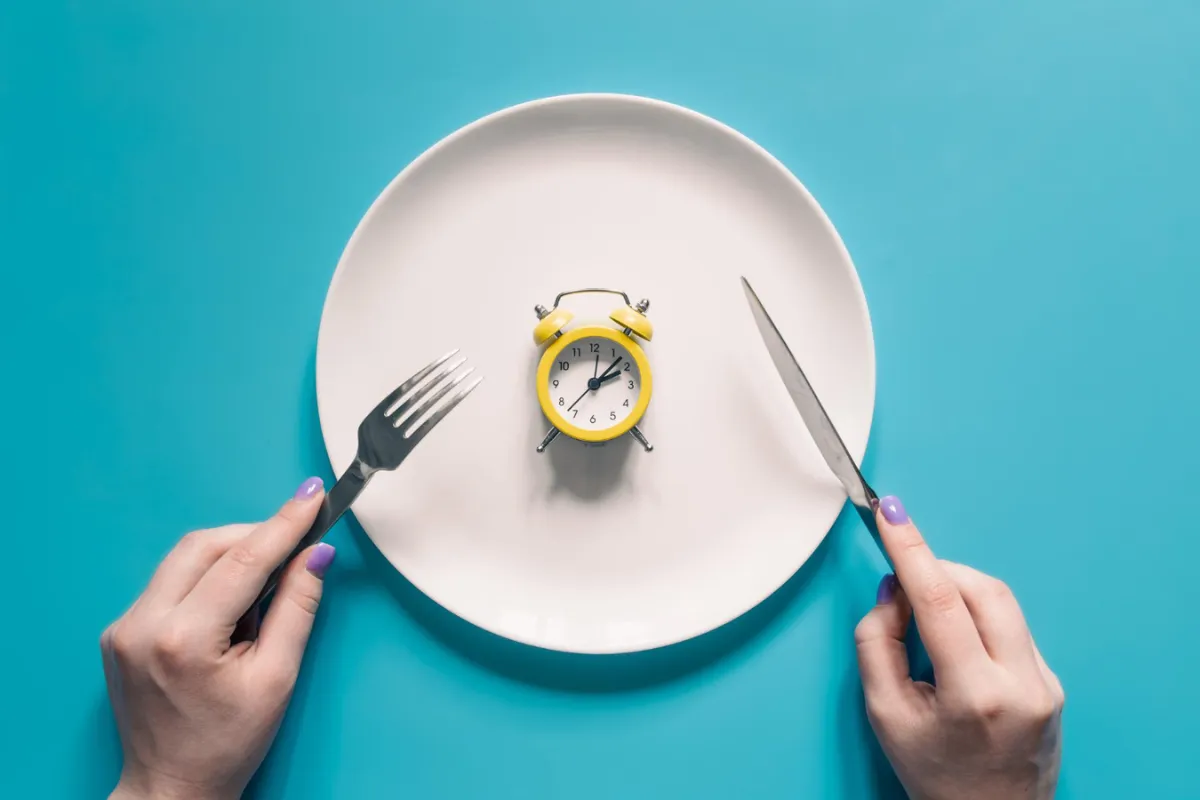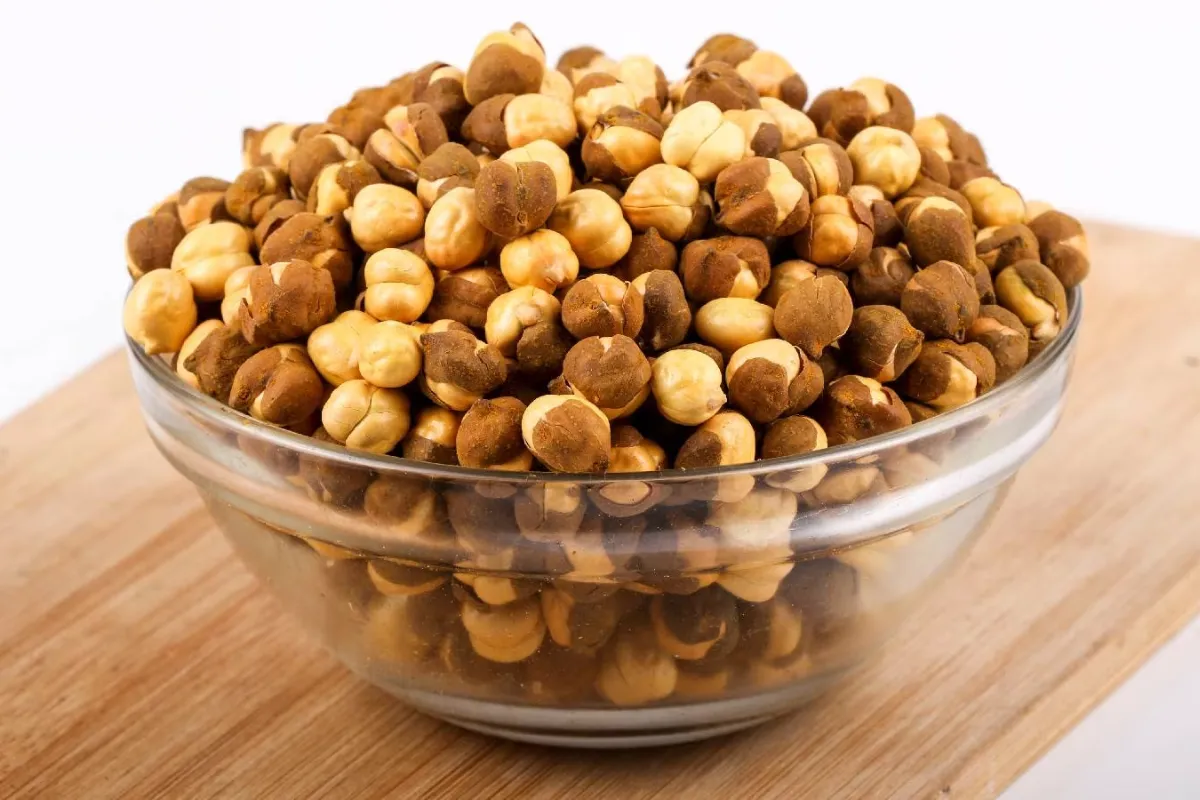Intermittent fasting: If you are looking to increase your metabolism and maintain good health, intermittent fasting is for you. The trend has been around for quite some time but there is a method to follow the routine.
Studies suggest that intermittent fasting is effective like a typical low-calorie diet for weight loss. Losing weight and being physically active help lower your risk of obesity-related diseases, such as diabetes, sleep apnea and some types of cancer.
Some research suggests that intermittent fasting may be more beneficial than other diets for reducing inflammation and improving conditions associated with inflammation, such as:
Alzheimer’s disease, Arthritis, Asthma, Multiple sclerosis and Stroke.
It is important to understand what the trend is all about. For the unverse, intermittent fasting is all about abstaining from food entirely or partially for a set period of time before you start eating regularly again. One correctly, it helps you reduce weight, and pace up your metabolism and cardiovascular health.
Here we give you some tips to follow intermittent fasting to reach your goals.
No food after sunset
Stop eating after sunset and there is no cheat code here. You must say goodbye to midnight food cravings if you plan to try intermittent fasting.
Eat after sunrise
If you want to do it right, break the fast only after sunrise. This trick will also help to guide you better about when to begin and stop fasting.
Small breakfast, big lunch, and tiny dinner
Have a wholesome breakfast but not a big one. Focus instead on getting the maximum amount of healthy calories at lunch hour. Have fewer calories at dinner time. Whatever you eat should be nutritious.
Know your body type
Intermittent fasting must be done as per body type. A Vata body type can do 12 hours of intermittent fasting, while Pita body can practice 12-14 hours and Kapha body types can extend it to upto 14-16 hours.
Don’t break you intermittent fast with caffeine
You may crave for a hot cup of tea or coffee but refrain from doing so post your fasting period. Instead, have 200 ml warm water with a little ghee or squeeze in some lemon. You could also add a pinch of cinnamon!
Don’t fast if on heavy medication
In case you are having such medication, do not practice intermittent fasting at all. Consult your doctor first.
Disclaimer: This material, including advice, provides general information only. It is in no way a substitute for a qualified medical opinion. Take the methods, and claims mentioned in this article as suggestions only; DNP India does not confirm or refute them. Consult a doctor before implementing any such suggestions/ treatment/medicine/diet.
Keep watching our YouTube Channel ‘DNP INDIA’. Also, please subscribe and follow us on FACEBOOK, INSTAGRAM, and TWITTER.












